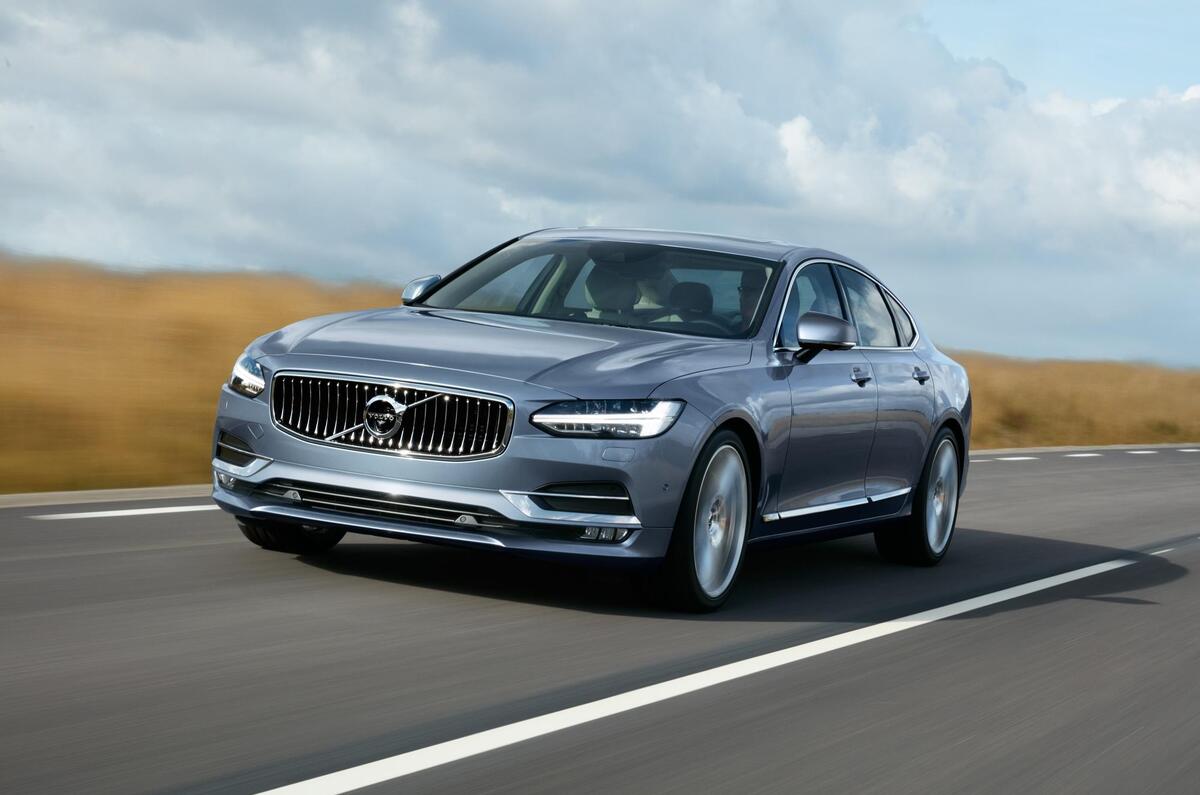The Audi A4 3.0 TDI and the Volvo S90 fail to meet their official MPG figures in a real-world economy test, but how do others fare?
Ah, downsizing. It'll save us all, right? Take a big, naturally aspirated engine, make it smaller and stick a turbo on it for greater efficiency. Et voilà, hey presto, etc, a vast improvement in fuel economy and emissions. Right? Right?
Ah. Well. M’colleagues over at What Car? have a thing called True MPG. I don’t quite understand what happens, but I know it takes place at Millbrook Proving Ground, where they employ seriously serious engineers who possibly but by no means definitely wear white coats while strapping heinously complicated and even more expensive testing equipment to the back of a car to find out what kind of economy and emissions you should actually expect from a car should you buy it. The alternative, of course, is that you just trust the NEDC economy and emissions tests that are run by manufacturers, in labs, whose results are notoriously hard to replicate in everyday driving.
Anyway, the most recent set of True MPG results is out, and among them are some recently downsized cars. Take the Volvo S90, from a manufacturer whose vice-president of R&D said big diesels were “gas guzzlers which we are never going to see in our cars again”. His 2.0-litre four-cylinder S90 D4 diesel just returned 39.9mpg on the True MPG cycle – a shortfall of 37.8% on the official combined figure and 2.1mpg worse than that of the six-cylinder Audi A4 3.0 TDI.
Not that the sides of anyone in Ingolstadt should be splitting, by the way. The A4’s 42.0mpg is a 36.2% shortfall on the official combined figure for that car. Behind the Volvo, it’s the second-worst shortfall of all cars tested this month, in a top three rounded out by another small-capacity diesel, the Audi A3 Sportback 1.6 TDI, in which you’ll typically see 45.5mpg, which is rather a lot less than the 70.6mpg the official combined cycle would suggest you’ll return.
All of which tells you something you might already know: that car makers are quite good at optimising their cars for tests that are of limited scope. Of course they are. If you know what subjects are coming up in an exam, you revise for them. There’s no surprise, and no shame, in doing so.








Join the debate
Add your comment
The culprit is lab testing
false economy with a 4 cylinder engine in many cases
Bigger is better